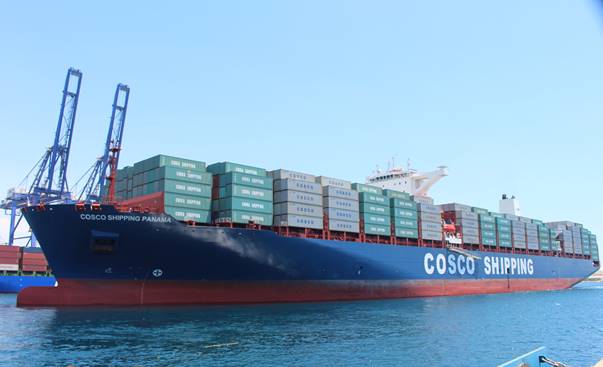US active rig counts fall further while Canada rises
US drill rig activity eased again last week, now down to levels not seen since late-2021, according to the latest data release from Baker Hughes. Canadian counts are moving in the opposite direction, inching higher for the sixth consecutive week to a three-month high.









